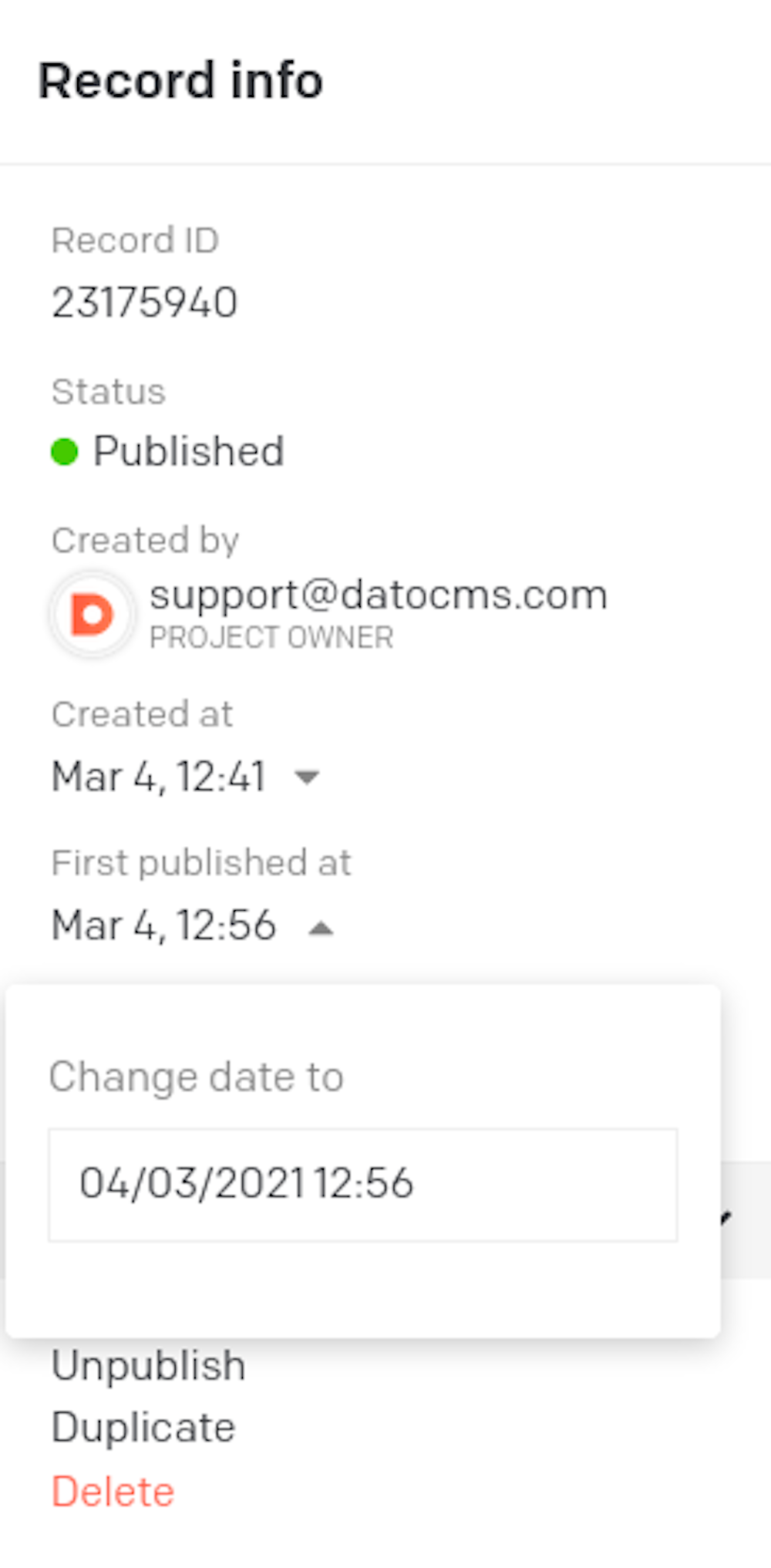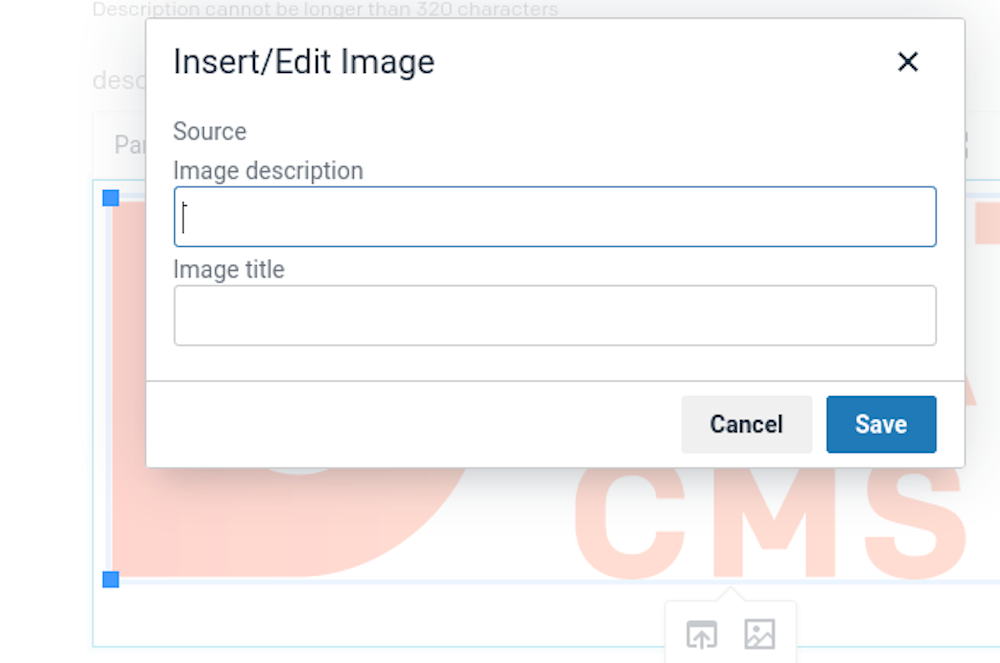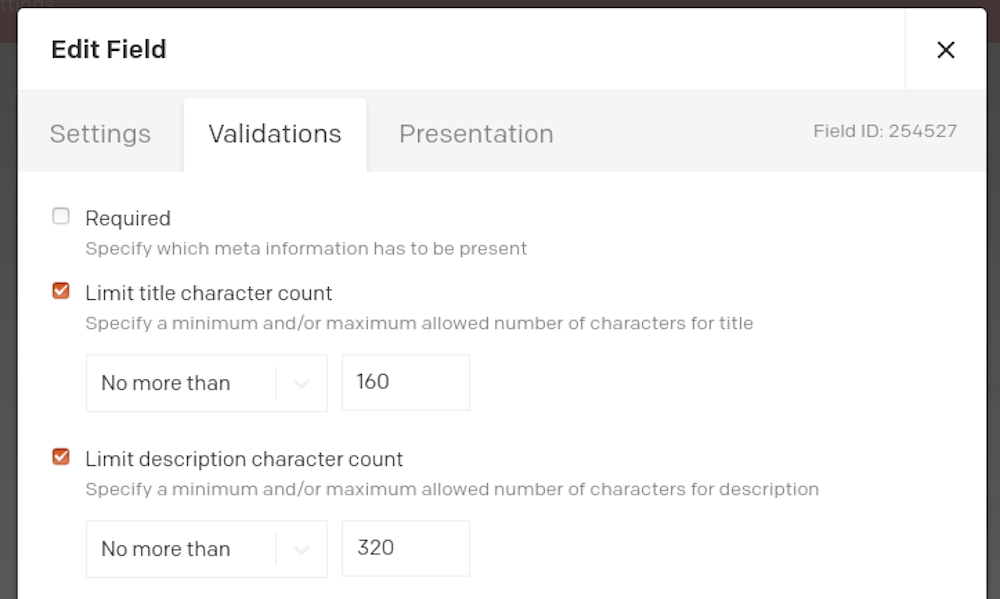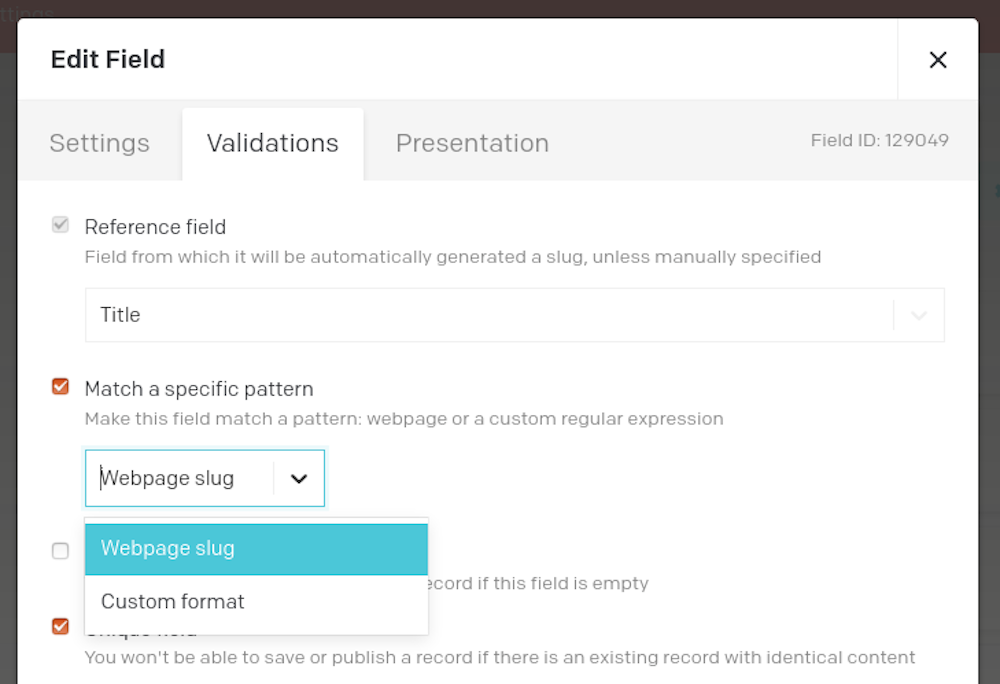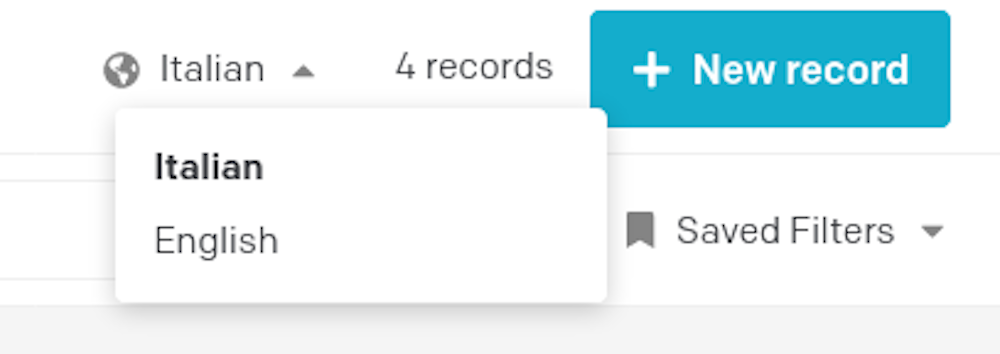Importer from Contentful supports rich-text/structured text
From version 3.4.5 of our JS client we've improved the importer from Contentful!
We've added support for importing rich-text fields from Contentful to our new structured text field.
Before we couldn't import properly these fields, but now they map nicely to our new field, so the imports should be more straightforward.
For any issues or problem with imports, please reach out at support@datocms.com as we can help with any issues doing the import phase, thank you!
